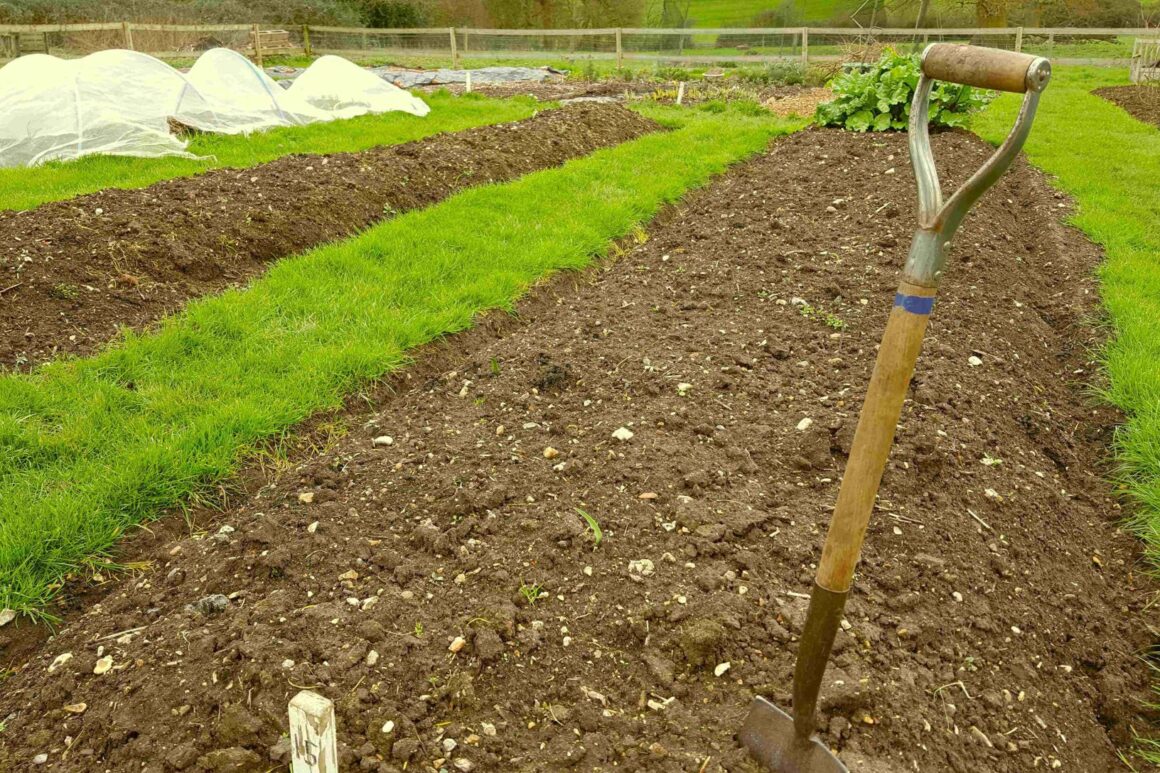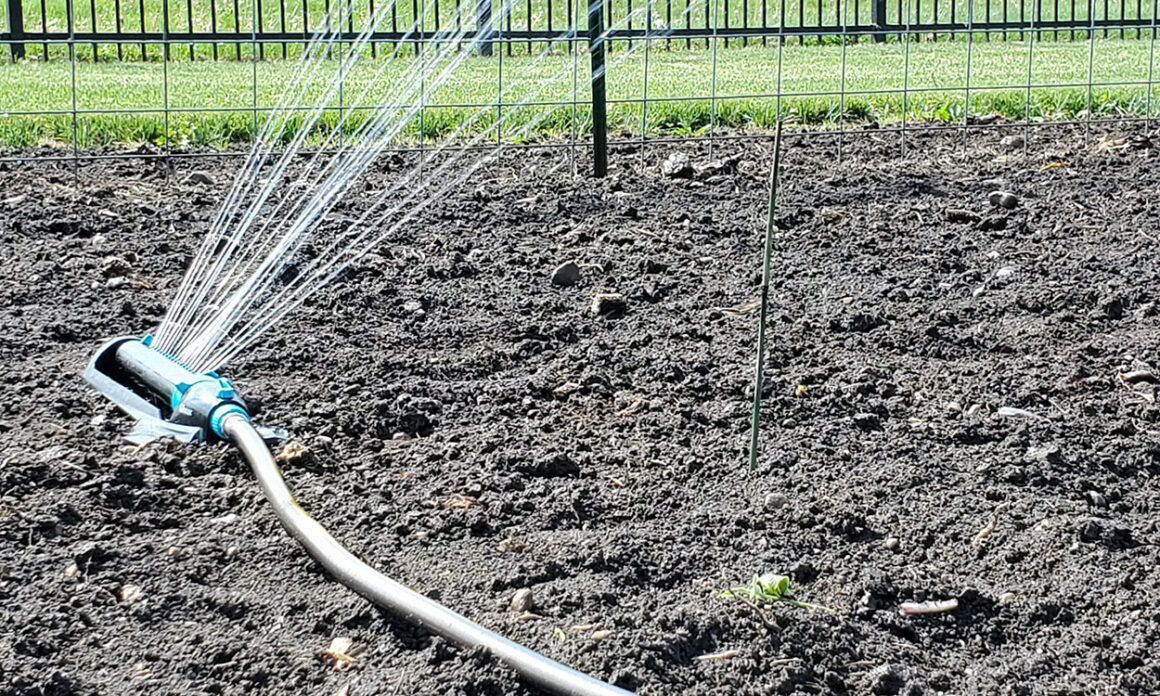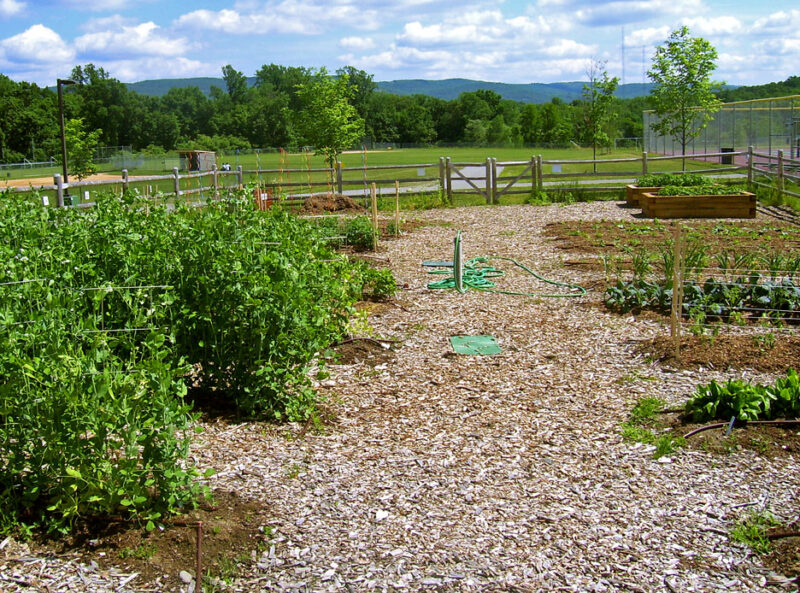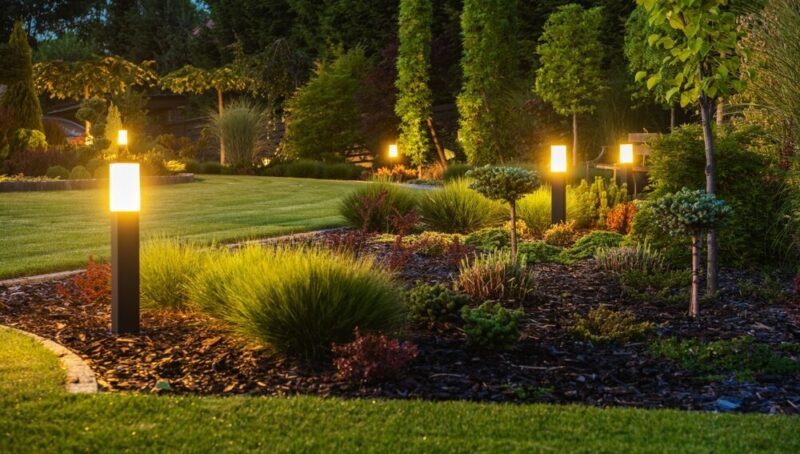The dream of cultivating a small patch of land for self-sustenance has captivated many. But can you build a basic farm in your garden? The answer is a resounding yes. With some planning, creativity, and the right approach, your garden can transform into a miniature farm that yields fresh produce and maybe even more. Let’s dive into what it takes to create a basic farm in your garden space.
Assessing Your Space and Soil Quality

The first step is to assess the space you have available. Whether it’s a sprawling backyard or a modest garden, understanding your available space is crucial. Look at the sunlight patterns throughout the day, as most crops require a good amount of sunshine to thrive. Equally important is assessing the quality of your soil. Testing pH levels and nutrient content can give you an idea of what crops will grow best.
Planning Your Garden Layout
Designing your garden layout is the next step. Start by deciding what you want to grow. A mixture of vegetables, herbs, and perhaps a small fruit tree or two can be a great start. If your space is limited, vertical gardening techniques can be very effective. For gardens with uneven terrain, incorporating retaining wall systems from Modular Cubed can help manage the space effectively. These retaining walls not only help create levelled planting beds but also add to the aesthetic appeal of your garden farm.
Water Management and Irrigation

An efficient water management system is vital for a successful garden farm. Consider installing a rainwater harvesting system to utilise natural resources. For irrigation, drip irrigation or soaker hoses can provide your plants with the right amount of water without wastage.
Choosing the Right Crops
The key to a successful garden farm is growing crops suitable for your region’s climate and soil type. Start with easy-to-grow vegetables like lettuce, tomatoes, and cucumbers. As you gain more experience, you can experiment with more varieties.
Pest Control and Organic Practices

Adopting organic gardening practices not only benefits your health but also helps the environment. Use natural pest control methods like companion planting or organic pesticides. Composting kitchen and garden waste can provide you with rich, organic matter to nourish your soil.
The Benefits of a Garden Farm
The benefits of having a garden farm are numerous. It provides you with fresh, organic produce right at your doorstep. Gardening can also be a therapeutic activity, offering a peaceful escape from the hustle of everyday life. It’s an educational experience for families, teaching children about the importance of nature and sustainability.
Maintenance and Upkeep

Maintaining a garden farm requires consistent effort. Regular weeding, pruning, and monitoring for pests and diseases are essential to keep your garden healthy. Seasonal preparation, like mulching in winter or preparing beds in spring, is also crucial.
Building a basic farm in your garden is possible and can be a highly rewarding endeavour. It requires planning, care, and some hard work, but the result is a sustainable source of fresh food and a beautiful green space in your home.


